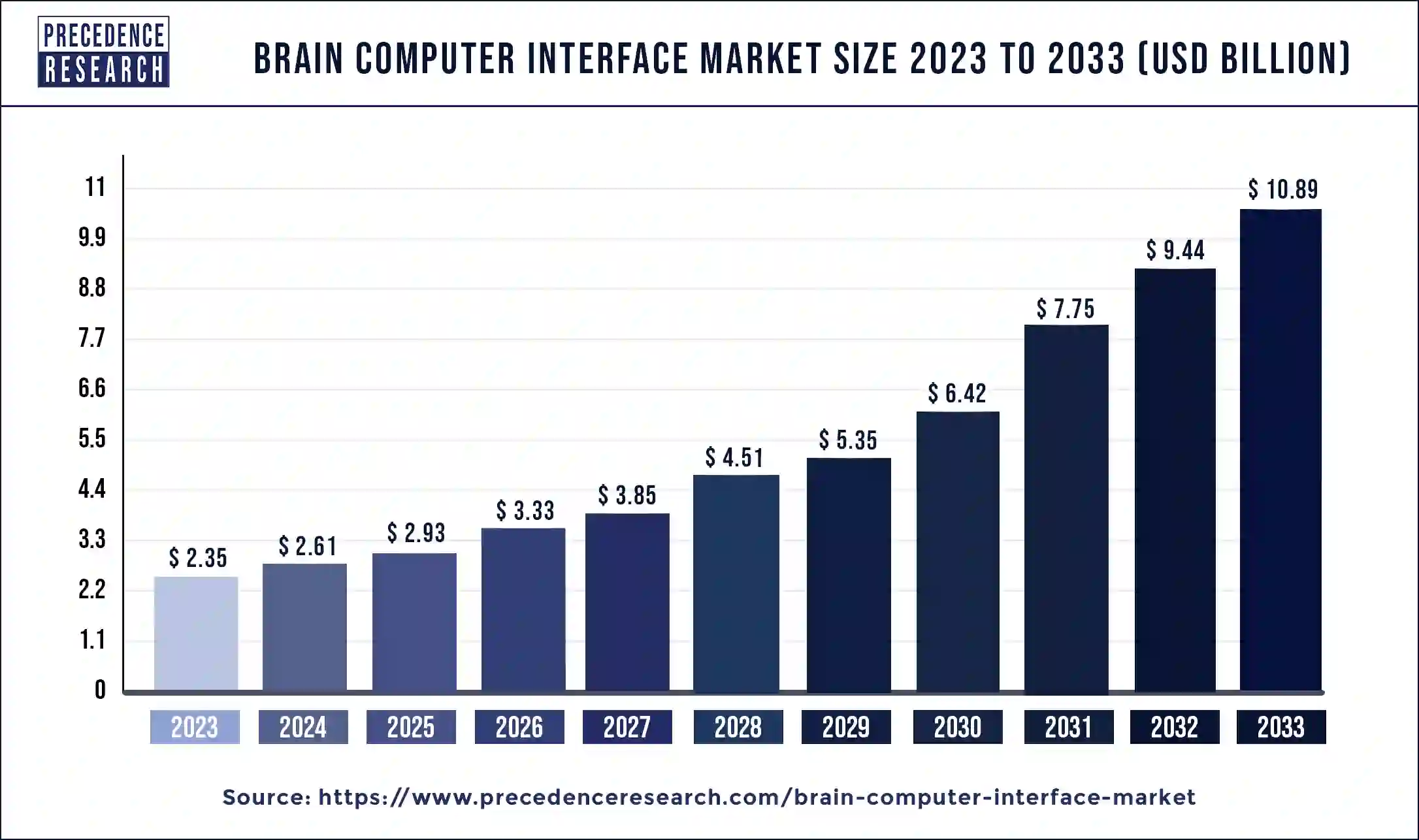April 2025
Neuralink, a brain-computer interface (BCI) startup of Elon Musk, has been sanctioned by Health Canada to perform a clinical trial regarding its N1 brain implant as well as R1 surgical robot. The Canadian Precise Robotically Implanted Brain Computer Interface (CAN-PRIME) study is going to take place at the Toronto Western Hospital under health research from the University Health Network (UHN). It aims to study safety and performance of the N1 implant and the R1 robot concerning patients suffering from severe motor disabilities. Such disabilities may include conditions like tetraparesis or tetraplegia, causing impairment because of cervical spinal cord injury or the neurological disease, ALS.
The N1 implant lets users operate devices using their thoughts, while the R1 robot is responsible for implanting the device using its 64 ultra-thin threads into the brain areas defined specifically. This trial would include only Canadian citizens, whose life expectancy is 12 months or more, which, according to the research, would be useful in deciding effectiveness.

The entire program would conduct all the operations for UHN under a highly specialized team that would conduct the procedures. Neuralink's trial in Canada is in concert with its PREME study being conducted in the United States. The latter is geared towards helping people with quadriplegia control digital devices.
The BCI landscape is getting more crowded with innovators. Boston-based Neurable partnered with Healthspan Digital early this March to take BCI processes beyond the precision health applications, while Precision Neuroscience recently inked $93 million in funding, which takes its valuation to $500 million. Precision neuroscience combines AI with human intelligence, thus expanding the existing boundaries of BCIs, evermore pushing the limits of what they can do.
The global brain computer interface market size accounted for USD 2.61 billion in 2024 and is anticipated to reach around USD 10.89 billion by 2033 with a registered CAGR of 16.55% from 2024 to 2033.

Government Initiatives
We’ve prepared a service to support you. please feel free to contact us at sales@precedenceresearch.com | +1 804 441 9344
April 2025
April 2025
April 2025
April 2025